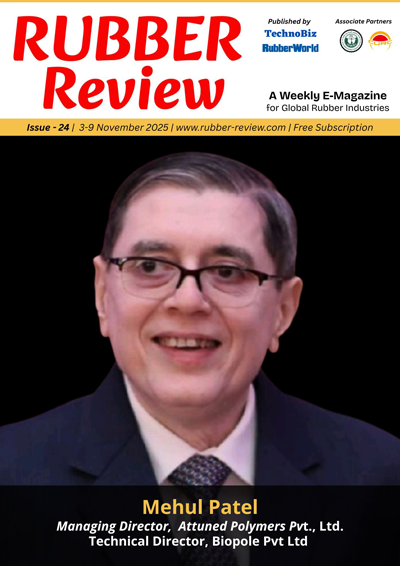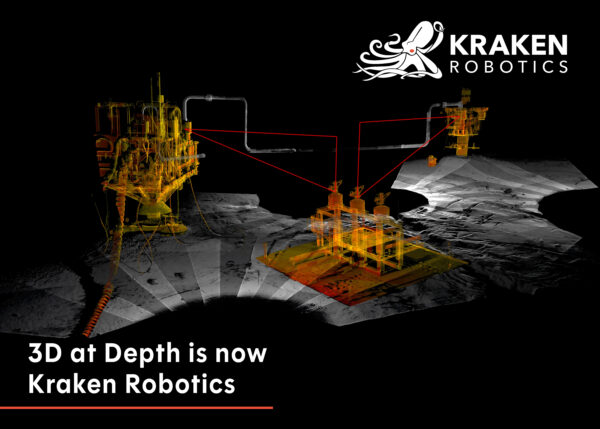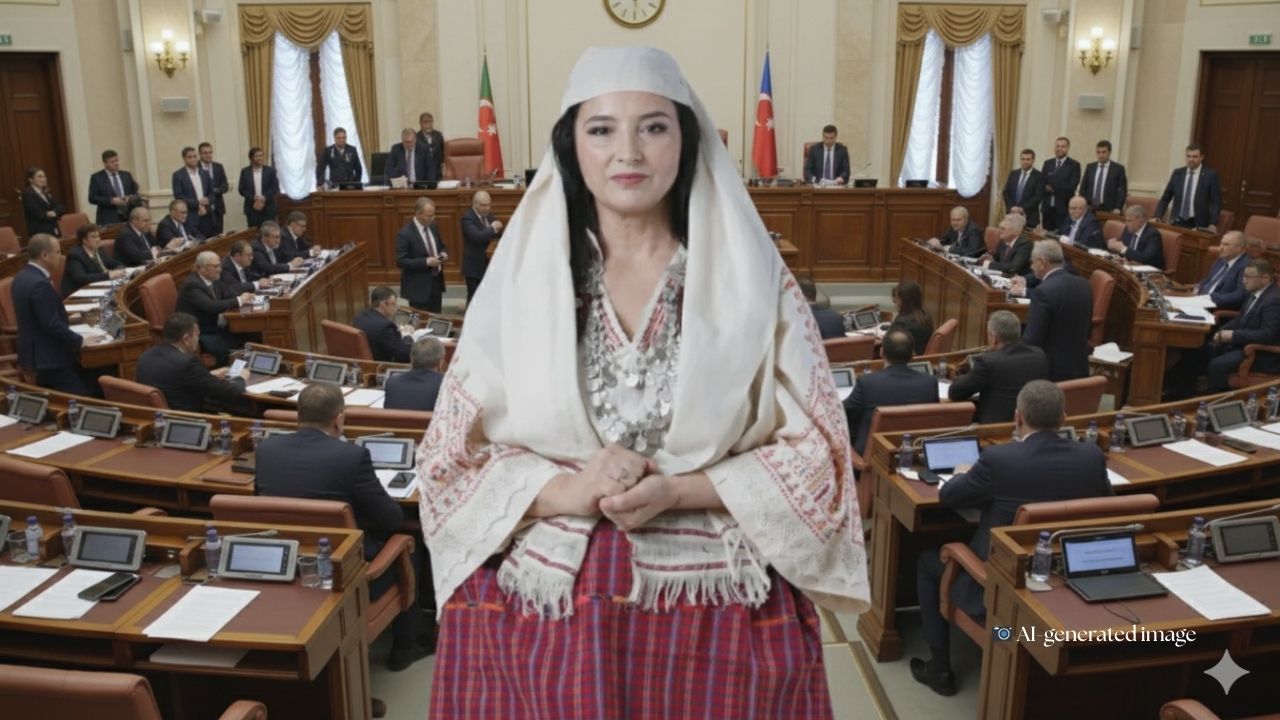Copyright RubberWorld

Bangkok, Thailand – In this issue of Rubber Review we have an exclusive interview with Mr. Mehul M. Patel, as he reflects on his career, shares his perspective on current market adoption of eco-friendly innovations like Biopole and bio-based process oils, discusses regulatory and innovation landscapes, and outlines his vision for the future of Indian and global rubber technology. For over four decades, Mr. Patel has stood at the forefront of India’s rubber industry, shaping its technical progress and guiding its global relevance. A veteran technologist, entrepreneur, and industry leader, his journey reflects a rare combination of scientific innovation, practical problem-solving, and visionary leadership. Mr. Patel’s pioneering work includes the introduction of EPDM rubber in India, the world’s first development of EPDM reclaim, and the creation of biobased antioxidants, antiozonants, and rubber process oils that anticipated today’s sustainability priorities long before they became global mandates. He was also instrumental in establishing Active Zinc Oxide in India and served as project leader at ISO for the first international standard on reclaim rubber, raising India’s profile on the global stage. Beyond products and processes, Mr. Patel has left a profound mark as a mentor and institution builder. He has trained more than 3,000 students in rubber technology, chaired the Indian Rubber Institute (Mumbai Branch), and guided many technical committees. His leadership in scientific forums, industry associations, and conferences such as the India Rubber Expo and National Rubber Conference have helped bridge academia, industry, and international norms. A key element of his legacy is Attuned Polymers Laboratories (Attuned Laboratories), a rubber-testing and development laboratory in Mumbai. Under Mr. Patel’s direction, Attuned offers not just testing and analysis across rubbers, plastics, resins, glass, leather and more, but also consultancy in formula development, reverse engineering, and quality control systems. The facility supports formula customization, specification matching, composition analyses, and staff training. This lab embodies his commitment to careful validation, technical rigor, and enabling manufacturers to meet both domestic and international requirements. Today, as the industry faces new challenges — stricter regulations, sustainability targets, electric mobility, and circular economy goals — Mr. Patel’s insights are more relevant than ever. His story is not only about past achievements, but also about charting the course for the next generation of rubber professionals.



